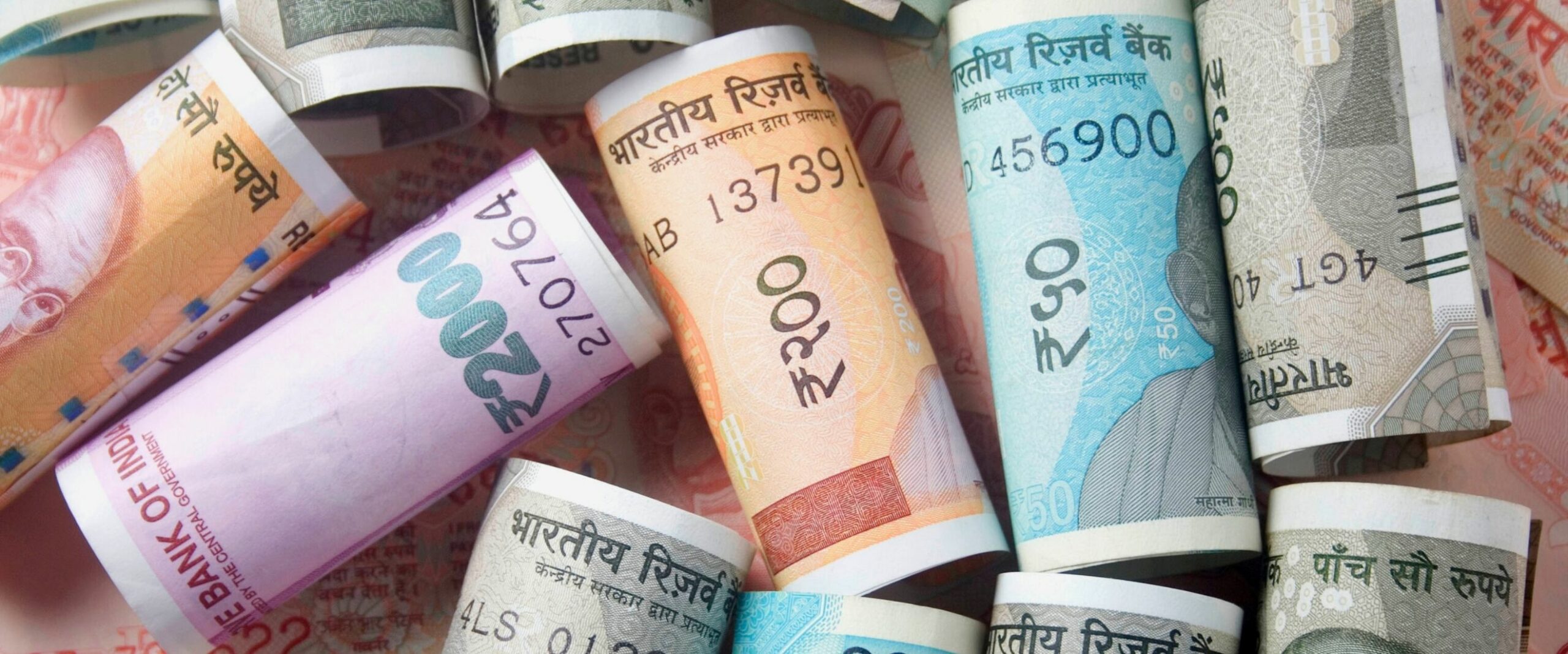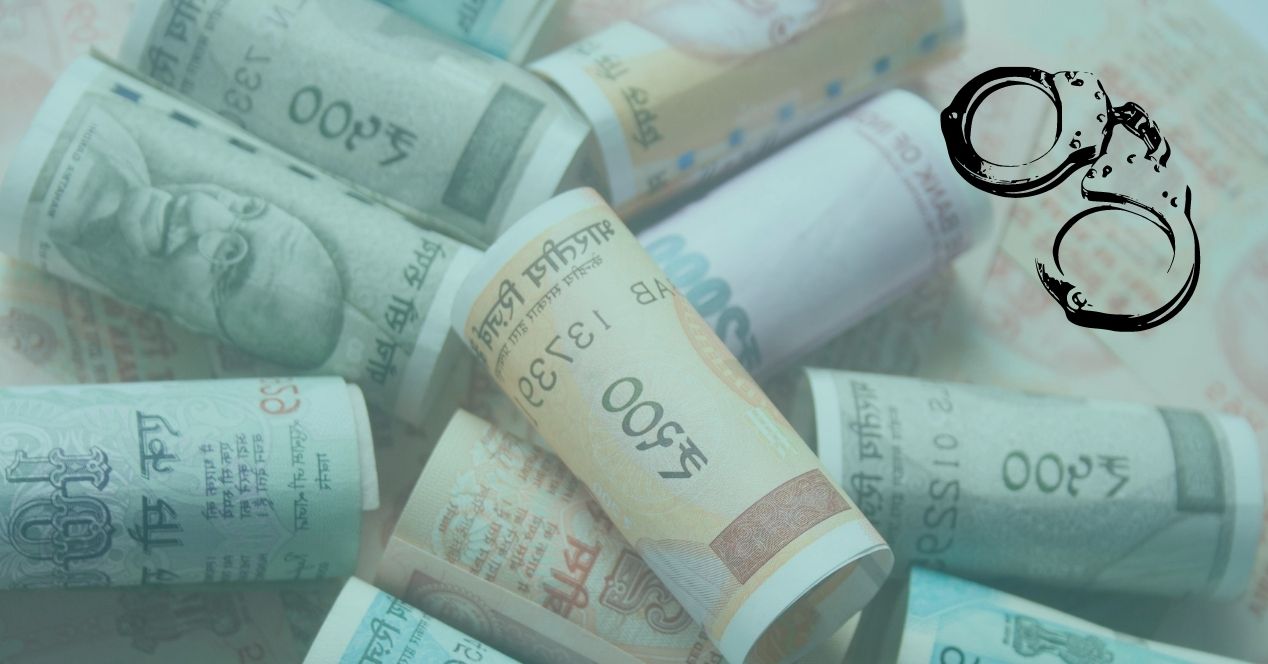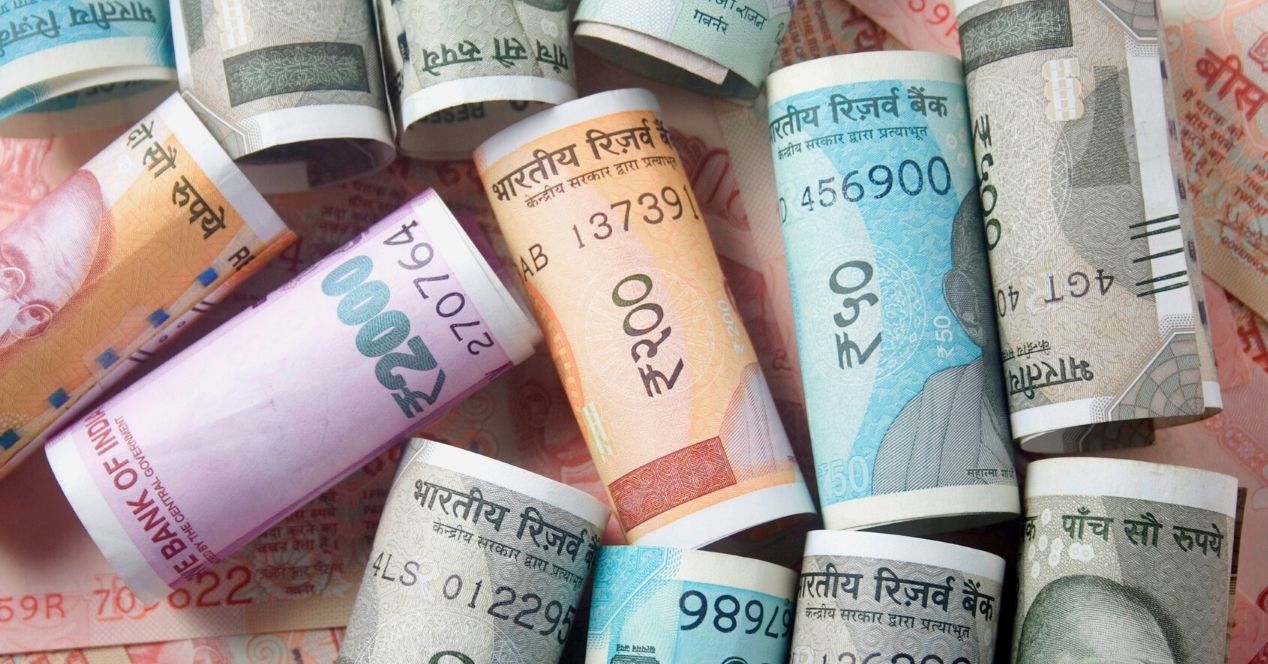Analysis
How the global drug crisis led to the PMLA
DESK BRIEF: The Prevention of Money Laundering Act was enacted to honour India's obligations under a UN Convention on Drug Trafficking.

While covering the challenges to the Prevention of Money Laundering Act, 2002, last week, we expected to find that the origins of the Act were linked to a sensational domestic money laundering scandal. However, we found that its origins lay in the murkier world of international drug trafficking.
Drug trafficking and money laundering are inextricably linked—traffickers convert the monetary proceeds of their illicit activities into revenue from a seemingly legal source. The 1980s were marked by sustained hysteria, particularly in the United States, around global drug trafficking. Against this backdrop, member states of the United Nations, including India, adopted and signed the Convention against Illicit Traffic in Narcotic Drugs and Psychotropic Substances (the Vienna Convention) in 1988.
The Convention was the first international instrument that squarely addressed the issue of money laundering. The Vienna Convention required signatory states to recognise money laundering as a criminal offence, preventing traffickers from reaping the profits of the narcotics trade. At the time, India too was home to a burgeoning drug trade, and served as an emerging transit point for trafficking. The BJP-led Government enacted the PMLA in 2002 to honour India’s commitment under this Convention.
The PMLA has been amended subsequently, with its provisions arguably becoming more stringent and moving far beyond its intended aim. It is the 2018 Amendments to the Act that have been challenged at the Supreme Court.
The Court shall continue hearing challenges to the PMLA this week. We expect the Court to focus on bail provisions, rules of search and seizure, and the procedure adopted while amending the Act.
You can access our case coverage here.



